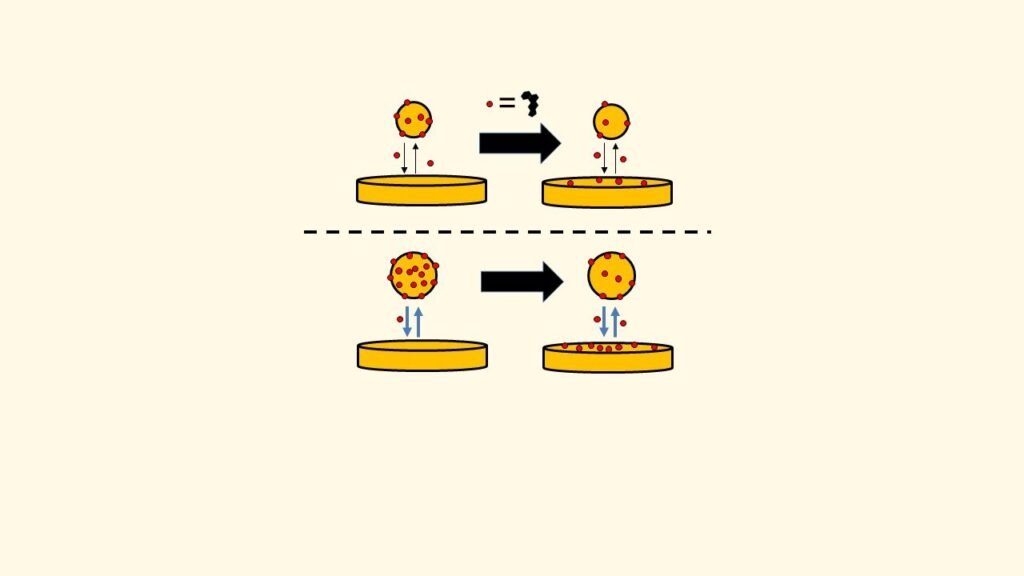Houston Methodist researchers have made a groundbreaking discovery that challenges our understanding of cholesterol and its impact on cardiovascular health. The study, led by Henry J. Pownall, Ph.D., and Khurram Nasir, M.D., M.P.H., sheds light on the role of high-density lipoproteins (HDL), commonly known as “good” cholesterol, in heart disease.
Traditionally, HDL has been viewed as protective against heart disease due to its ability to remove excess cholesterol from tissues. However, the research team found that HDL with high levels of free cholesterol, a more active form of cholesterol, may actually be associated with an increased risk of cardiovascular disease. This unexpected finding challenges the conventional wisdom surrounding cholesterol and its impact on heart health.
Through pre-clinical studies and ongoing research, the team discovered a strong link between the amount of free cholesterol in HDL and its accumulation in white blood cells called macrophages. This accumulation of free cholesterol in macrophages could contribute to the development of heart disease, highlighting the complexity of cholesterol metabolism in the body.
To validate their findings, the researchers are conducting the Houston Heart Study, which involves studying 400 patients with varying levels of plasma HDL concentrations. By analyzing the relationship between free cholesterol in HDL and cardiovascular outcomes, the team aims to develop new diagnostics and treatments for managing heart disease.
The potential implications of this research are significant. If excess free cholesterol in HDL is indeed linked to increased cardiovascular disease risk, it could pave the way for the development of targeted therapies to lower HDL cholesterol levels in at-risk individuals. This personalized approach to managing heart health could revolutionize the way we prevent and treat cardiovascular disease in the future.
As the research progresses, the team plans to explore the use of HDL-free cholesterol as a biomarker to identify patients who may benefit from HDL-lowering therapies. With the goal of applying their findings in a clinical setting within the next six years, this research has the potential to transform our understanding of cholesterol and its role in cardiovascular health.
In conclusion, the Houston Methodist study challenges our current assumptions about cholesterol and its impact on heart disease. By uncovering the complex relationship between free cholesterol in HDL and cardiovascular outcomes, the research team is pioneering a new approach to managing heart health. This groundbreaking research has the potential to revolutionize the way we prevent and treat cardiovascular disease, offering hope for a healthier future.


